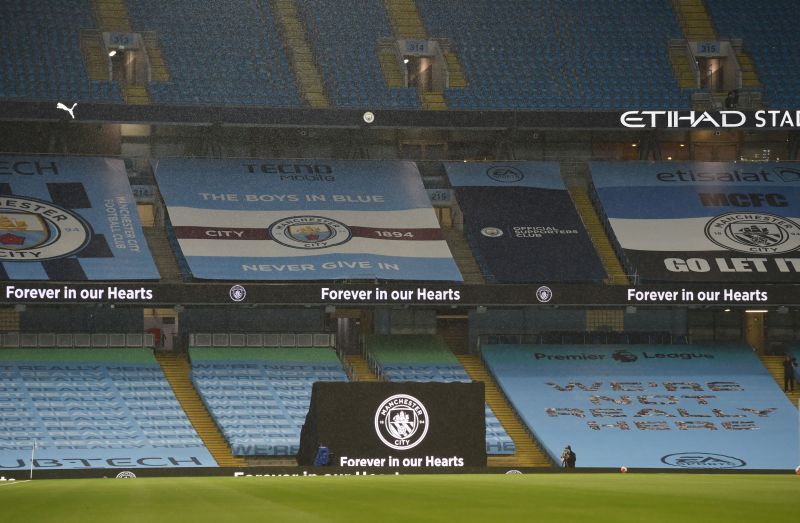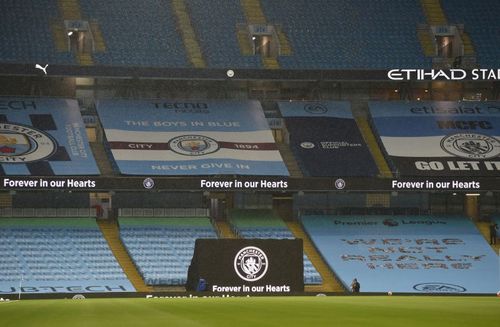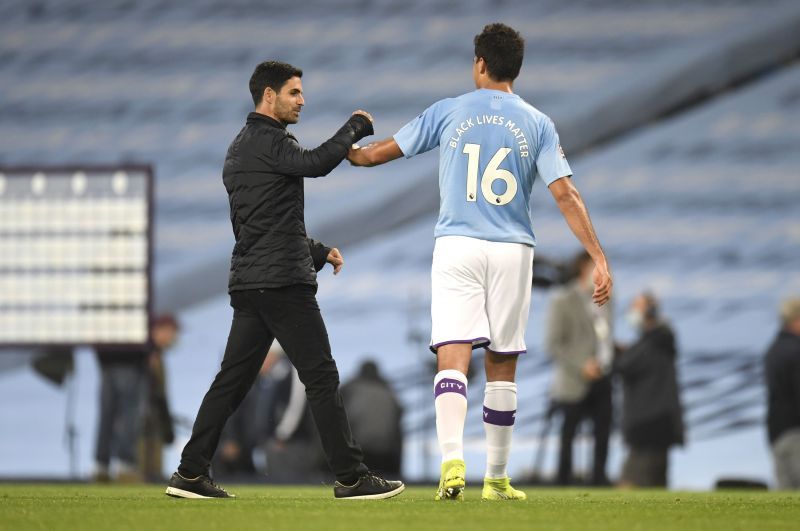
Premier League: Football, in the aftermath of COVID-19

Some things, it turns out, never change.
Sheffield United not conceding. VAR failing at the most obvious of tasks. Referees not overturning said mistakes, surrendering themselves to technology instead of using it as another crutch to make the game more fair. Jack Grealish getting hacked down by Premier League defenders.
And then, there is David Luiz. Oh, David Luiz never changes. In about a quarter of an hour against Manchester City, the Brazilian somehow managed to make an error that led to a goal, get himself a straight red card, and concede a penalty that all but sealed the match in favor of the opposition.
But on the day of the return of the 2019-20 Premier League after a prolonged absence, everything else has changed.
For starters, the teams all walked out wearing jerseys that, instead of having the names of the players spelled out at the back, simply read "BLACK LIVES MATTER". On the shirt sleeves, the Premier League logo was removed in favour of the same, the term "Black lives matter" imprinted on a circle.
Before the whistle, one no longer saw the players standing or jumping in positions, but taking a knee in solidarity with the protesters across the globe seeking justice and fairness. The substitutes no longer sat huddled on the benches, one of the most familiar sites in the Premier League, but take their positions in the stands or underneath the tunnels, more than the requisite "social distancing" recommended.
Heart-shaped stickers that read 'NHS' adorned the front of their shirts. The giant screens in the stadium no longer showed the players, but concentrated on a set of fans watching the Premier League game from the comfort of their homes and reacting live to the peaks and valleys of their team's performance.
In place of three possible substitutions, five took the field. Every half an hour, the game stopped for supposed water breaks. Where ball boys once rushed to grab the ball and set their team on the front foot or delay their opponents, players themselves hunt loose balls.
The medical staff rushed in wearing protective face masks and gears that limited as much contact as possible. The goal scorers were no longer overwhelmed by rushing teammates but a quiet hesitation filled the air as everyone wondered if it was safe.

And at the end of the game, the managers no longer shook hands but bumped elbows together.
The seats themselves are the most eerie. The artificial crowd noise emitters, instead of helping, made the atmosphere more uncanny. What is being used to make the absence of the fans less conspicuous, instead makes it a veritable presence of nothing.
Football, however, endures. It survives.
At the end of the day, it is still 22 players fighting for the ball. They jump in the air to fight for dominance. They push and pull and act like they did nothing. They throw their arms in frustration at missed chances. They acknowledge audacious pass attempts with a thumbs up.
They fall. They get up. They run. They keep running.
In some ways, football cannot change. And in some ways, it has - for the better.
Either way, it is good to just plop down on your chair at home and watch the Premier League again. Unless you are an Arsenal fan, of course. Apologies. For you the return of the Premier League might just be too tough to take right now.